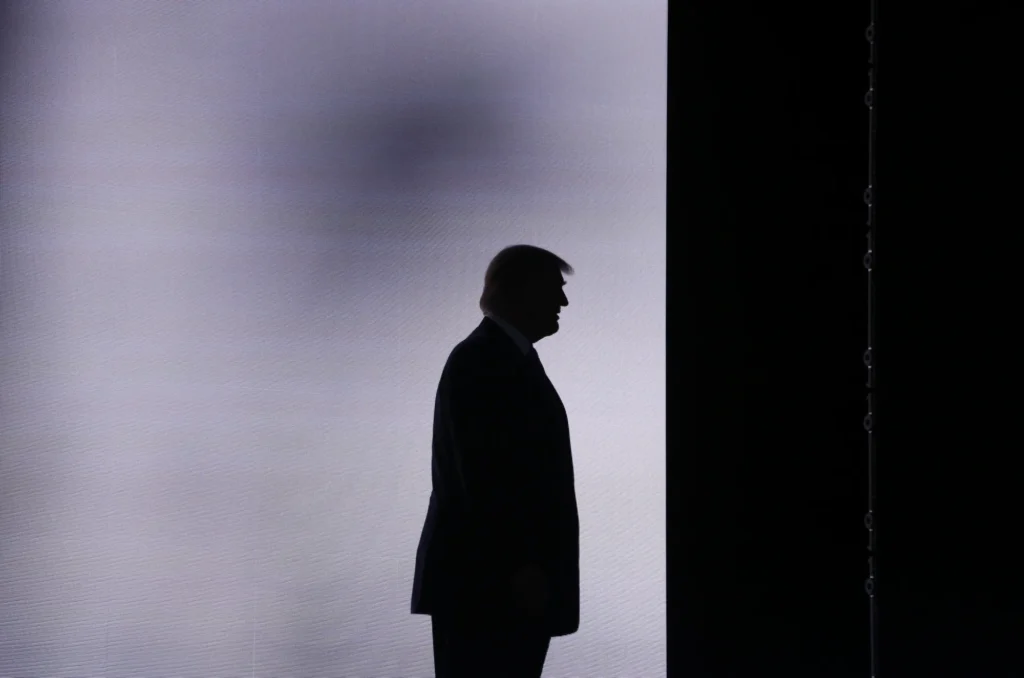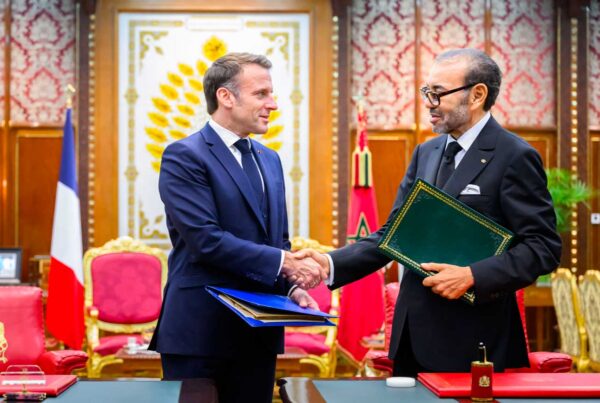This article is part of our coverage of the 2025 Warwick Economics Summit coverage.

Credit: John Taggart / Bloomberg via Getty Images
By Celeste Wang.
Nicholas Cary, Co-founder and Vice Chairman of blockchain.com, opened the third panel of the Warwick Economics Summit, expressing the nature of cryptocurrency as a “digital instrument of wealth.” As the market tends towards the rise of crypto and the digitization of banking, discourse is necessary to fully understand the implications of a cashless economy—whether that be exclusion or privacy concerns. Underscoring the future of crypto is the United States’ newest president President Trump’s latest approach, who within a flurry of pardons, overturns, and deportations, vowed to protect the very “wealth,” that Cary speaks of.
In defense of cryptocurrency, Cary recognizes that with the flexibility of cryptocurrency, those without preconceived opportunities for wealth management and accumulation are presented with access to digitized portfolios that breathe room for large profits: without the “inherited imbalances” of traditional economies. In justification of digital trading, Cary emphasizes that blockchain technology allows consumers “regardless of circumstances of birth” to participate in this type of investment. This being said, many critique the increasing popularity of cryptocurrency for its potential to bolster already deeply divisive wealth inequalities in America; blockchain researchers observe that despite efforts to decentralize cryptocurrency, wealth distribution in the digital financial system parallels that of real-world economies.
Therefore, Cary brings to light the change in crypto policy from the federal
Government by describing how through revoking Biden’s 2022 order on safeguarding cryptocurrency, Trump’s support of digital financial markets allows for “encouraging privacy.” Later, in 2024, Biden raised taxes on crypto miners’ energy consumption, furthering cryptocurrency users’ animosity towards his administration.
Trump’s latest executive order concerning digital finances, aptly titled “STRENGTHENING AMERICAN LEADERSHIP IN DIGITAL FINANCIAL TECHNOLOGY,” expresses a starkly contrasting support for blockchain technology. Cary specifically highlights the desire to protect “dollar-backed stablecoins worldwide.” Interestingly, in 2019, during President Trump’s first term in office, he posted on Twitter about his hesitations towards the rise of cryptocurrency, saying that digital assets are “highly volatile” and prone to “unlawful behavior.” Though initially more admissive to cryptocurrency’s prevalence, President Trump’s main focus has always been on maintaining the protection of the US dollar as a highly influential leading currency. Trump’s present-day executive order modernizes this initial claim, now viewing cryptocurrency as a viable source of economic growth for the country as a whole. The executive order underscores the importance of digital assets in the “economic development” essential to the “international leadership” of the United States of America on a global scale.
Seated to the left of blockchain.com co-founder Nicholas Cary is John Howells, CEO of Link, a UK ATM network that ensures access to physical cash despite the rising influence of a digital economy. Like others seated on the panel, Howells mentions Trump’s executive order as playing a crucial role in the understanding of crypto policy and the role of digital currencies today. Offering a transatlantic European perspective on the American president’s new stance on digital assets, Howells jokingly calls to “ignore Trumpcoin,” a memecoin launched prior to the presidential inauguration, and rather focus on the message that the executive order sends about “dollar dominance.”
In Trump’s 2024 address to the Bitcoin conference, he promised to make the US the “crypto capital of the planet,” offering solace to crypto investors by ensuring that regulations will soon reap benefits rather than limitations. Those same digital finance fiends now look towards Trump in the first weeks of his second presidency to witness his prior promises materialize.
John Howells builds on Trump’s assertion of America’s economic dominance, describing how America’s move towards digital economies and cryptocurrency serves as a signal towards the rest of the world, especially Western Europe, which consequently “needs to follow” in its footsteps. Howells claims that the power of the US government holds a leading role in the behavior of consumers in the economic market. Through this lens, he continues to speak on the influential nature of the American economy in the global sphere. As one of the world’s largest economies and biggest traders, the US’s trends towards certain forms of currency have a visible impact on international trade and trends.
During a tumultuous first week in office, Trump’s presidency crossed the ocean to the Warwick Economics Summit, his policies on cryptocurrency serving as a catalyst for debate for economists and bankers alike. Though more difficult to say what panelists’ political opinions on the controversial president are, it is noticeable that Trump’s comparatively favorable approach to cryptocurrency will only increase his likeability in the eyes of digital currency fiends.
Other posts that may interest you:
Discover more from The Sundial Press
Subscribe to get the latest posts sent to your email.





